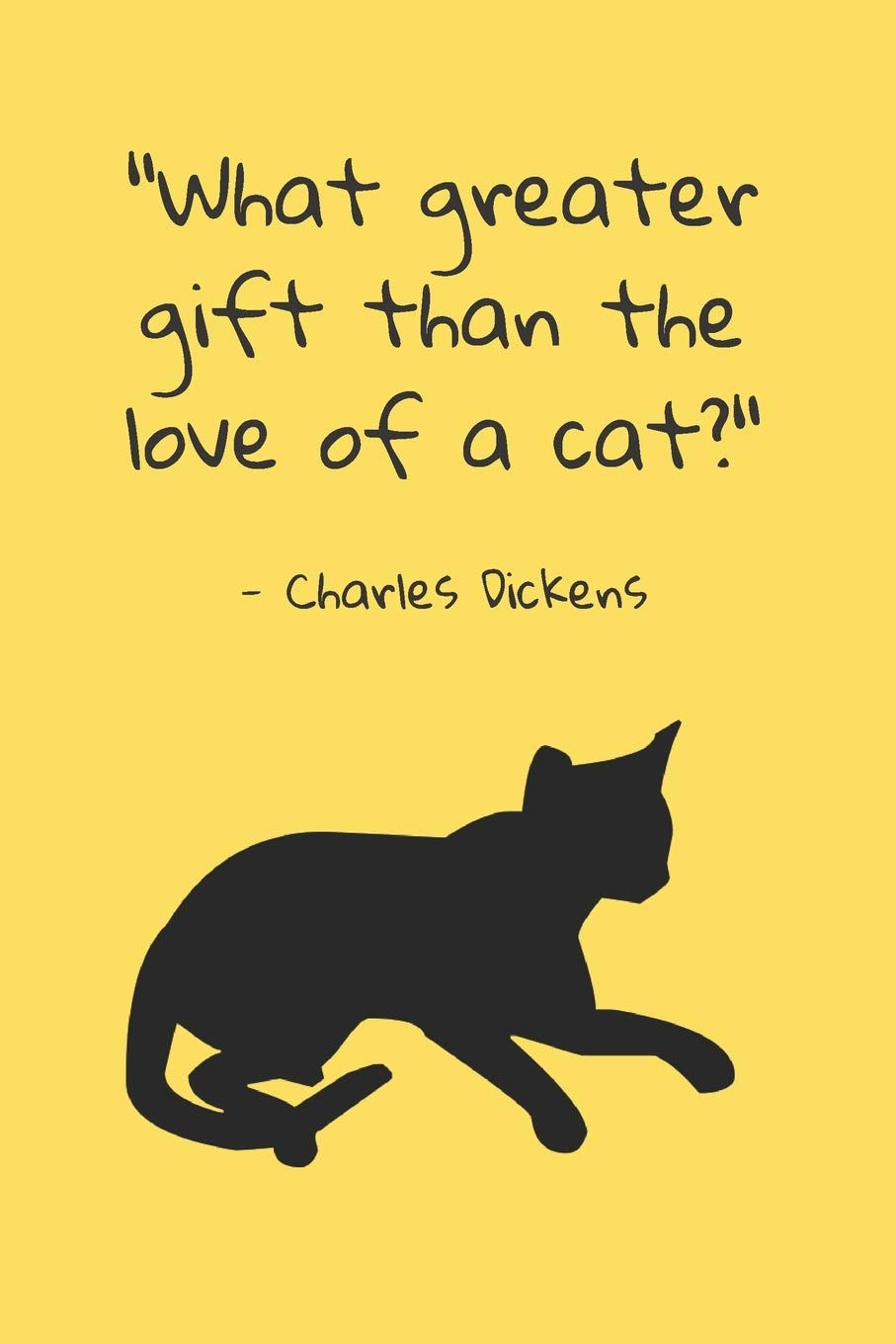Online Sources for 19th Century Research
- Lydia Craig

- Mar 18, 2020
- 2 min read
Many of us as well as our students will have reduced or no access at all to library collections during the COVID-19 pandemic, so some of this may be helpful to you even if your students have been and are still using printed books or anthologies.
Primary Sources: First and early editions of many 19th century works can be found at Hathi Trust, Internet Archive, and Google Books. The interfaces of the first two are similar to a library’s catalogue search – enter your terms, narrow the dates, find the author, click on an edition, and see related editions of the work on the right hand side of the page in Hathi Trust. As for Google Books, many digitized Victorian and 19th century works are freely available and can be accessed immediately by going to the set the “Any time” search function. Click on “19th century,” which limits results to publications within that century or set a more specific time frame using “Custom range.” In a pinch, Gutenberg.org has many 19th century works available in a scrolling format, with chapter numbers and sometimes page numbers included, in case your students are confused about how to cite their quotes.
Databases: Besides COVE and BRANCH, whose offerings have already been mentioned, digital projects abound that we are now going to be immensely grateful for. This includes the CLiC Fiction web app from the University of Buckingham, which features a Dickens corpus, African American writers (1892-1912) corpus, and GLARE, of interest to scholars of gender in children’s stories. As well as famous resource for illustrations, background information, and texts The Victorian Web, other projects include The Dickens Letters Project, Dickens Journals Online, Internet Library of Early Journals, Visual Haggard, Curran Index, The British Library Online, The Old Bailey Online, Carlyle Letters Online, The Rossetti Archive, Darwin Online, Darwin Correspondence Project, etc. From IATH at UVA, here is a longer list of similar projects. At my university (LUC), recent online projects include Woolf Online, the Charles Harpur Critical Archive, and the Lili Elbe Digital Archive. If you know of being run by your university, please email me at lcraig1@luc.edu and I'll feature them on the blog.
Especially for periodical studies, library databases still available online can be useful, including Nineteenth Century Newspapers, Nineteenth Century UK Periodicals, NCCO, The Chicago Tribune Historical, The Chicago Defender, Gale Digital Scholar, etc. Your university library online databases may be different, but now would be a great time to explore them to see what you might be able to utilize (including online books through the library catalogue and other databases). Though this is not my area of expertise, I am aware that many libraries and museums have digitized their collections or provided pages for each holding that provide images and historical information about its composition.






Comments